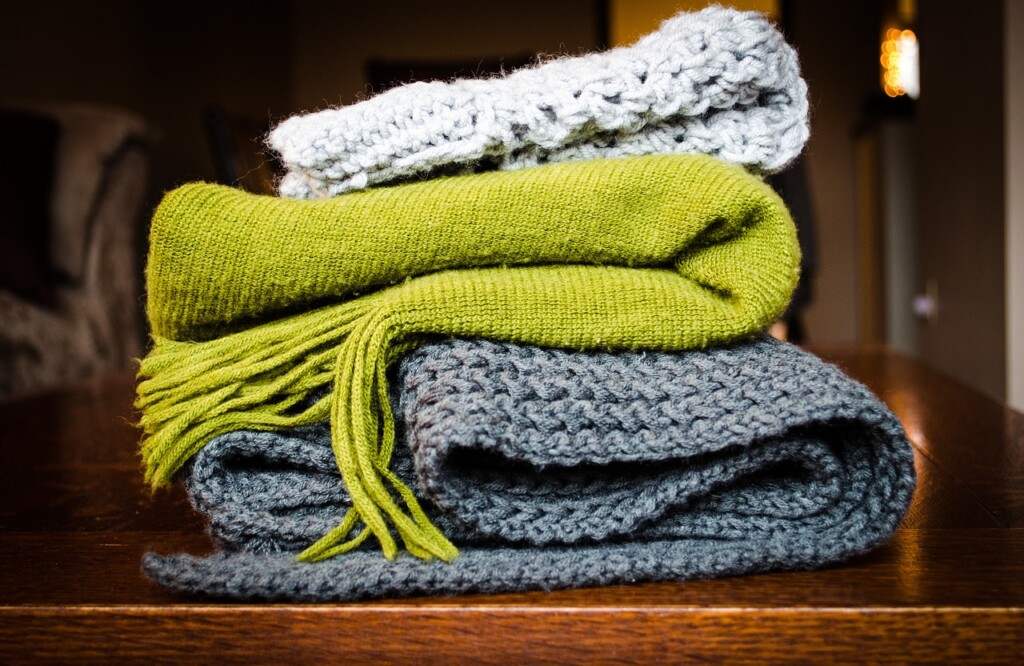The growth in demand for technical textiles importation is largely driven by new legislations worldwide aimed at enhancing environmental sustainability. The predominant use of nonwoven technical textiles is focused on filtration. Countless companies from diverse industrial sectors are the primary customers for this new type of nonwoven fabric that efficiently filters solids and liquids.
Business opportunities for importers of technical textiles for filtration span approximately 20 different segments. Nonwoven filtration textiles are employed in diverse sectors such as:
- Aerospace industry
- Transportation (filters for automobiles, trucks, and other vehicles)
- Processing of chemicals, food, and beverages
- Medical and pharmaceutical products
- Semiconductor manufacturing
- Filtration of polymers, oils, and gases
- Energy generation industries
Technical textiles for filtration offer a multitude of solutions for the industry. It’s a rapidly growing sector due to companies’ need to comply with international sustainability regulations.
The unstoppable trend towards reuse over disposable products has led to the development of a wide variety of increasingly efficient fibers for filtration. The vast array of specific filtration uses encompasses a huge market for purpose-designed technical textiles.
Most Demanded Technical Textiles for Filtration
Bull Importer works with certified suppliers capable of meeting the ongoing demand for imported technical textiles from our clients. The four most in-demand nonwoven textiles are needlefelt, wetlaid, spunbond, and meltblown.
These technical textiles for filtration are manufactured with manufactured polymers and inorganic fibers, mainly polyester and polypropylene. Additionally, the use of other raw materials such as nylon, fiberglass, fluoropolymers, and polyphenylene sulfide (PPS) is common due to their special filtration properties.
Due to their high performance, spunbond and meltblown nonwoven textiles are the most sought after for manufacturing disposable filters for vacuum equipment and coffee machines. In both formats, fibers are manufactured on-site from melted polymer, resulting in a nonwoven textile without pre-existing fibers.
In terms of demand for imported technical textiles, needlefelt nonwovens have the largest market share. This needle felting method can use polyester, polypropylene, and polymeric fibers such as meta-aramids as raw materials. The latter stand out for their excellent chemical and thermal stability.
Spunbond textiles, thin, strong, and uniform, withstand high temperatures and chemical attacks. Their main applications include filters for dye systems, pools, and saunas. Meanwhile, meltblown, thanks to its dirt retention capability, is used in air and various liquid filtration products. This method of manufacturing nonwoven technical textiles offers great flexibility, allowing for use in a wide range of applications. Wetlaid filtration method is manufactured using the same paper manufacturing equipment and can include blends of glass or cellulose fibers, in addition to polyester. They are used in reverse osmosis, nanofiltration, and ultrafiltration systems.
Nonwoven filtration systems are in the process of consolidation in numerous industries. Consult with Bull Importer and get information on the possibilities of importing nonwoven technical textiles for your sector.



